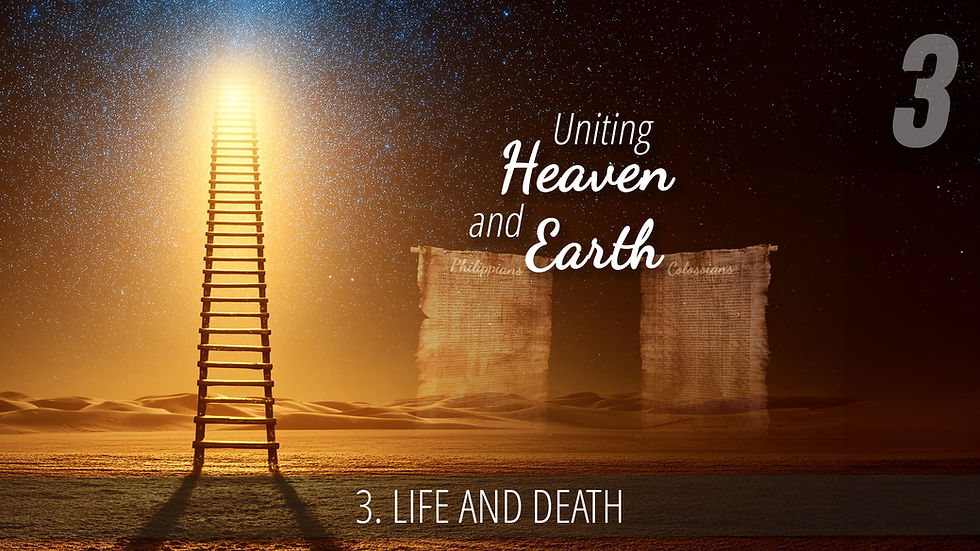1 - Oppression: The Background and the Birth of Moses | Exodus
- Jul 30, 2025
- 2 min read
The Book of Exodus describes two kingdoms: the kingdom of God (the principles of freedom) and the kingdom of Satan (the principles of captivity). We examine the differences based on the history of Israel in Egypt, where captivity represents the realm of evil.
How did the Israelites come to Egypt? And what does Pharaoh's fear of their multiplication in Exodus 1:8-10 mean? To understand his fear, we need to know human nature, needs such as love, freedom, and security, and the process of thinking. People fear loss and control others to protect themselves. This self-deception in the heart leads to oppression – even in the name of protection.
Pharaoh wanted to prevent the Israelites from multiplying by killing all male babies. But God preserved Moses through faithful midwives who refused to act against God's command (Exodus 1:11-21). Any call to act against God's law must be rejected. God is the only source of our needs – love, freedom, etc. come only from him.
The Ten Commandments are not merely a catalog of rules, but principles and guidelines for life. There are only two paths: obedience to God or obedience to man. It is important that we understand this. For without an understanding of human nature and divine principles, we will not be able to overcome future crises.
God's guidance shows that those who are faithful know that they must say NO to everything that does not come from God, that restricts, is coercive, or exercises power. Where there is love, there is freedom, and there the Spirit of God is at work. And the coming conflict will be about this freedom. God wants us to be able to say no, like the midwives did – to everything that does not come from him or restricts us. More on this in the first part of the series “Exodus.”


